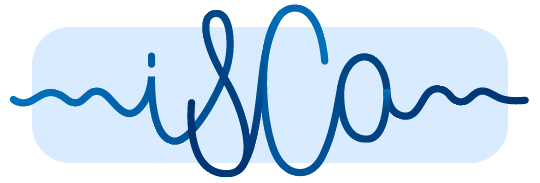- Home
- Page not found (404)
|
© Copyright 2024 - ISCA International Speech Communication Association - All right reserved.
Powered by Wild Apricot Membership Software
|
© Copyright 2024 - ISCA International Speech Communication Association - All right reserved.
